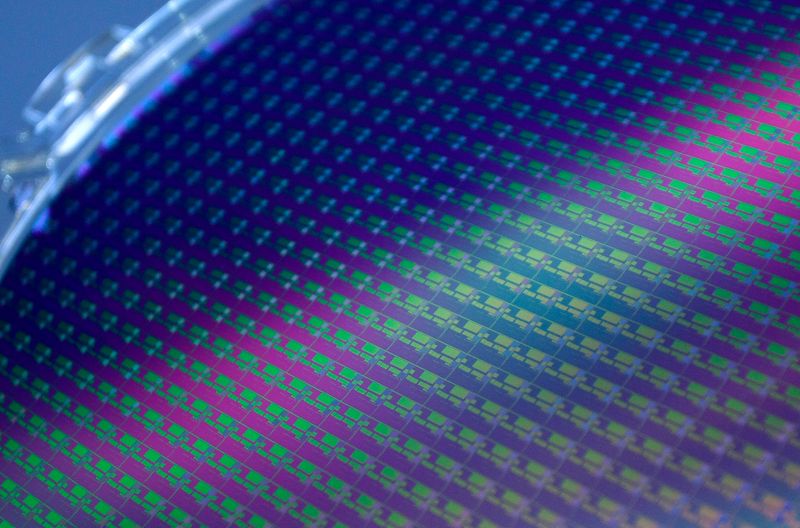Senate Republicans to challenge auto safety mandates in January - WSJ
Investing.com -- AMD (NASDAQ:AMD) shares plunged 9% by mid-morning Tuesday while Nvidia (NASDAQ:NVDA) fell 6.5% following reports that Meta Platforms (NASDAQ:META) is considering a multi-billion dollar investment in Google’s AI chips, potentially disrupting the GPU market dominance.
According to The Information, Google (NASDAQ:GOOGL) has started pitching its Tensor Processing Units (TPUs) to major customers including Meta and financial institutions. Meta, currently a significant Nvidia GPU customer, is reportedly exploring investing billions in Google’s TPUs for implementation in its data centers by 2027, while potentially renting Google chips from Google Cloud as early as next year.
Google shares rose 3% in response to the news, while Broadcom (NASDAQ:AVGO), Google’s TPU manufacturing partner, traded flat after initial pre-market gains.
The potential shift in Meta’s hardware strategy sent shockwaves through the semiconductor sector. SoftBank Group shares dropped 10% amid concerns that Google’s Gemini AI model could increase competition for OpenAI, a key SoftBank investment. Both Nvidia and AMD have existing partnerships with OpenAI.
Bernstein analyst Stacy Rasgon noted the news appears "incrementally negative to the AMD narrative" as the company has built its strategy around becoming "the viable second source to NVDA, and hitched their wagon to OpenAI’s horse."
Rasgon questioned whether investors would remain enthusiastic about AMD’s targets through 2030 if "Gemini hypothetically dominates over ChatGPT, and TPUs prove to be viable second sources for a broader swath of AI customers."
The analyst recommended owning both Nvidia and Broadcom, stating that while "AVGO has the narrative at the moment," Nvidia’s valuation "is looking increasingly attractive and the sell-offs seem overdone." Rasgon indicated he would be a buyer of both stocks.
The market reaction underscores intensifying competition in the AI chip space, where Nvidia has maintained leadership but now faces challenges from both traditional competitors and new entrants developing specialized AI processing hardware.
